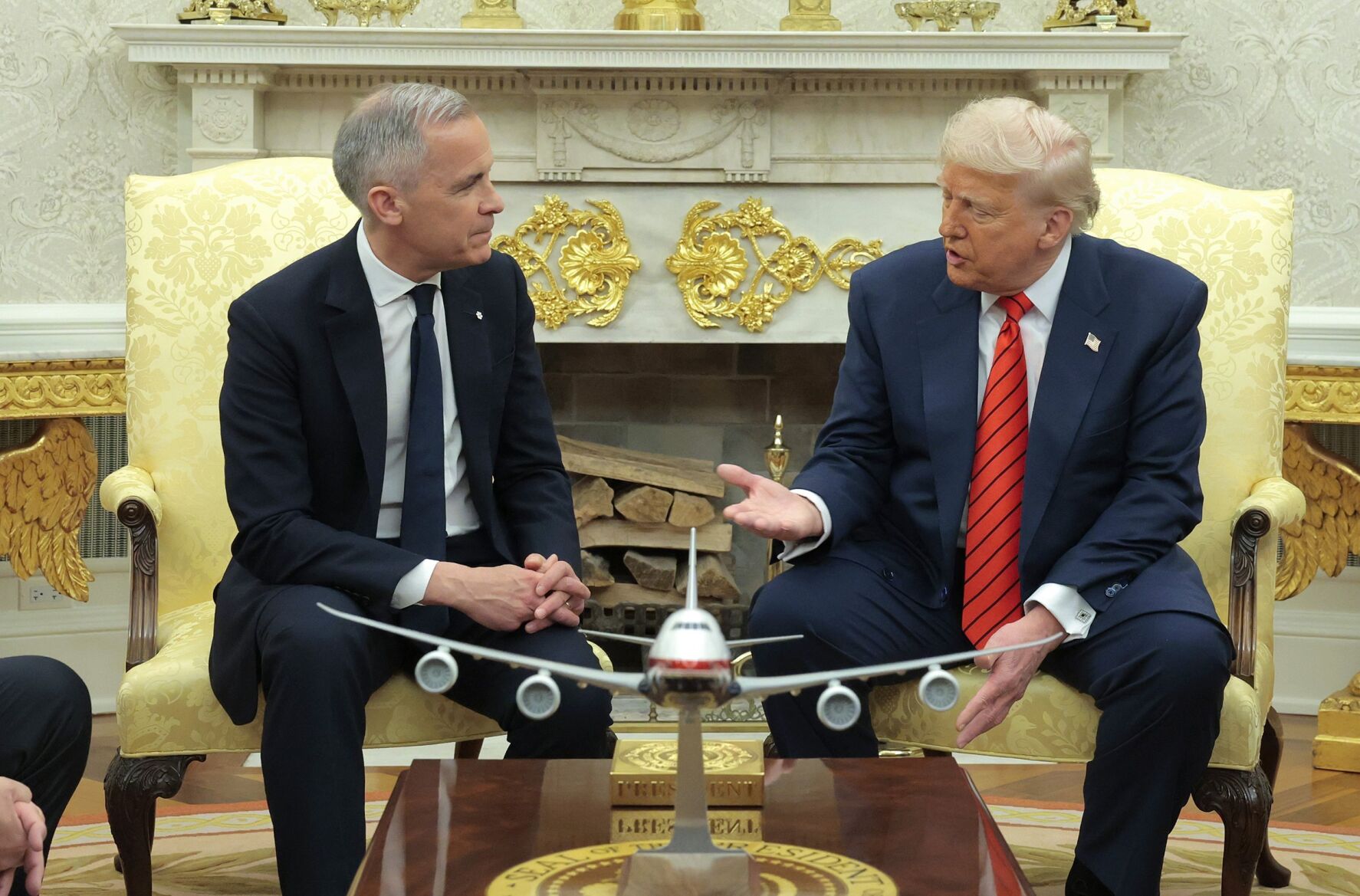Liberal members of Parliament will convene Sunday (May 25), one day before Canada’s new parliamentary session opens, to vote on adopting provisions from Canada’s Reform Act that would grant caucus members the power to oust Carney as party leader at any point
read more
Mark Carney has been prime minister of Canada for less than a month, but some Liberal lawmakers are already considering measures to potentially remove him from office.
Liberal members of Parliament will convene Sunday (May 25), one day before Canada’s new parliamentary session opens, to vote on adopting provisions from Canada’s Reform Act that would grant caucus members the power to oust Carney as party leader at any point.
Party members stress the move isn’t personal. After all, they currently support Carney, who, having managed to convince voters that he could revitalise Canada’s economy, led the Liberals to electoral victory.
STORY CONTINUES BELOW THIS AD
“The future is to be determined,”
Politico quoted one Liberal MP as saying. “We don’t know what it will be like in a year or two.”
More from World
Blame the Trudeau tussle
The initiative emerges partly as a reaction to experiences under
former Prime Minister Justin Trudeau
, whose refusal to step aside despite internal discontent left many Liberal lawmakers frustrated after nine years of what they viewed as centralised, insular leadership from his office.
Quebec Liberal MP Sophie Chatel described the vote as “a powerful symbolic gesture,” reflecting confidence in Carney’s leadership and signaling a commitment to improving the relationship between the prime minister and caucus.
After each federal election and prior to Parliament’s first session, party caucuses must vote on adopting certain elements of the Reform Act, which include mechanisms allowing lawmakers to remove the party leader, expel a caucus chair, or eject an MP from caucus.
Carney acknowledged the vote without elaborating on its implications. “I observed that this will happen,” he said recently. “There’ll be these votes.”
Several Liberal MPs, speaking anonymously, indicated they prefer a secret ballot, concerned about potential pressure on members, particularly new lawmakers, from the Prime Minister’s Office and Cabinet— tactics reportedly used during Trudeau’s tenure to influence internal decisions.
What will the Reform Act do?
The Reform Act, proposed by Conservative MP Michael Chong and enacted in 2015, was created to empower individual MPs and diminish the dominance of party leadership. Conservatives notably employed the act in 2022 to remove former leader Erin O’Toole, paving the way for current leader Pierre Poilievre.
Until now, Liberals have resisted adopting the Reform Act’s measures, partially due to their Conservative origins and interference from Trudeau’s senior advisers, who often diverted attention from discussing the provisions.
One MP described the Reform Act as a vital safeguard, emphasising it serves as “a mecha

